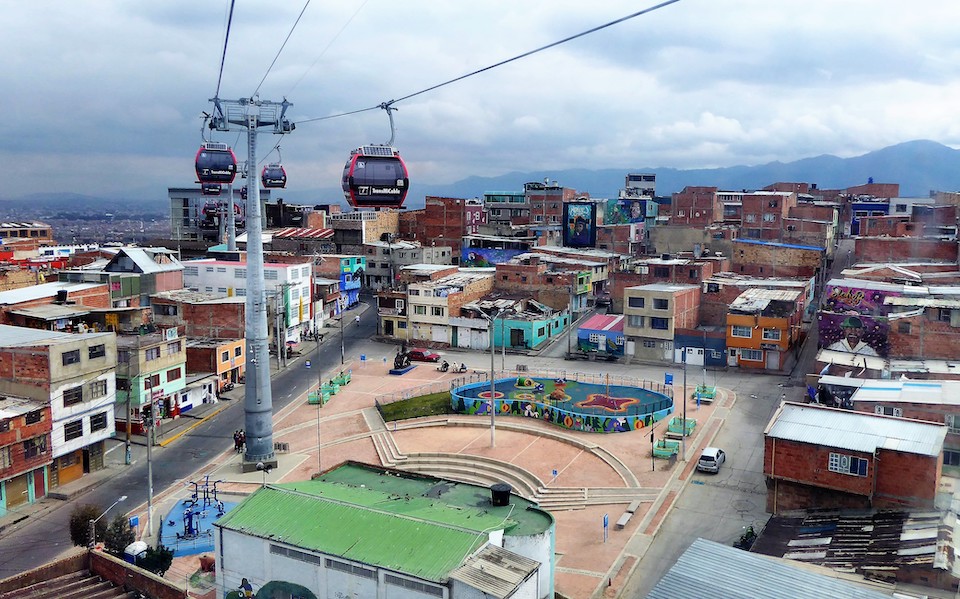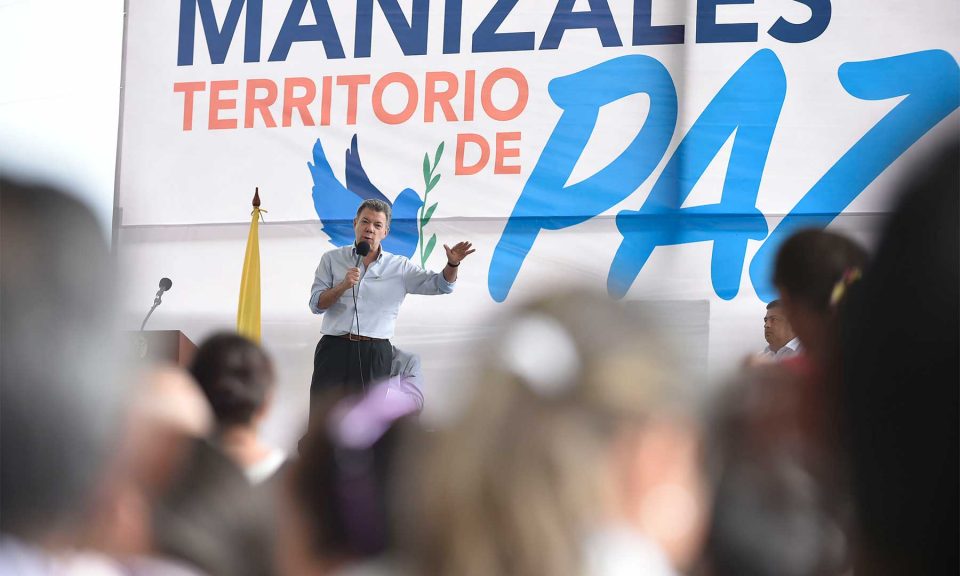The move is unprecedented in modern Colombian history and may produce economic volatility
President Gustavo Petro plans to force through the 2025 national budget by decree in order to break a congressional stalemate.
Speaking to the Financial Times, Finance Minister Ricardo Bonilla said that Petro will use executive powers to force through the budget in a move permitted under the constitution but unprecedented in modern Colombian history.
The government’s plans come after they reached an impasse with lawmakers from other parties who demanded cuts to the planned COP$523 trillion (USD$126 billion) budget.
The fiscal standoff has been an ongoing point of contention between the ruling coalition and lawmakers from other parties. The government first proposed the budget to congress in July, which marked a significant increase from this year’s budget of COP$483 trillion.
This was rejected last month by lawmakers who claimed that it was underfunded, fearing a further increase in Colombia’s national debt.
The government conceded that the budget lacked around 12 trillion pesos in funding, which it proposed to remedy with a tax reform, but opposition lawmakers demand the sum be deducted from spending plans instead.
Sergio Guzmán, Director of Colombia Risk Analysis, a political consultancy, said the administration is unwilling to compromise.
“The government has never been willing to make significant concessions and cuts to its objectives in response to petitions and requests by third parties, particularly not by traditional parties,” he said.
With Petro marking the halfway point of his term earlier this year, time is running out for the president to deliver his campaign promises of sweeping reforms. Additional spending is seen as key to the execution of some of these plans.
Budget director Jairo Bautista claimed that the proposed spending would stimulate Colombia’s economy and infrastructure.
He told the press in July, “This is a budget that bets on economic reactivation (…) It manages to target fundamental spending objectives in key economic sectors such as health, education and infrastructure.”
Meanwhile, some opponents of the government argue that Petro seeks to use the budget to fund cash transfers, a strategy that could boost his party ahead of the 2026 election.
An October 20 deadline has been set for congress to approve next year’s budget, but the Finance Minister sees this as impossible. Instead, the budget could likely be passed by decree between October 21 and December 30.
Minister Bonilla conceded that the final decision may go to the courts, saying “there’s every possibility that [the decree] will be challenged and the court will have to decide, but the court has ruled [in favour of] decree power in the past and I don’t think it will change its opinion.”
Guzmán warned that Petro’s decree may be detrimental to Colombia’s economic health. “This sort of brinkmanship is certainly not something that is welcome by institutional investors who are looking for stability from the government,” he explained. “The consequences of this may be a ratings cut or some sort of punishment by financial markets globally.”
Guzmán also predicted that Petro will paint any backlash against the budget as a personal indictment of his rule: “In doing so, he commits a mistake in trying to make this all about him and not necessarily about the financial health of the country, which is where the discussion should be going,” he said.





